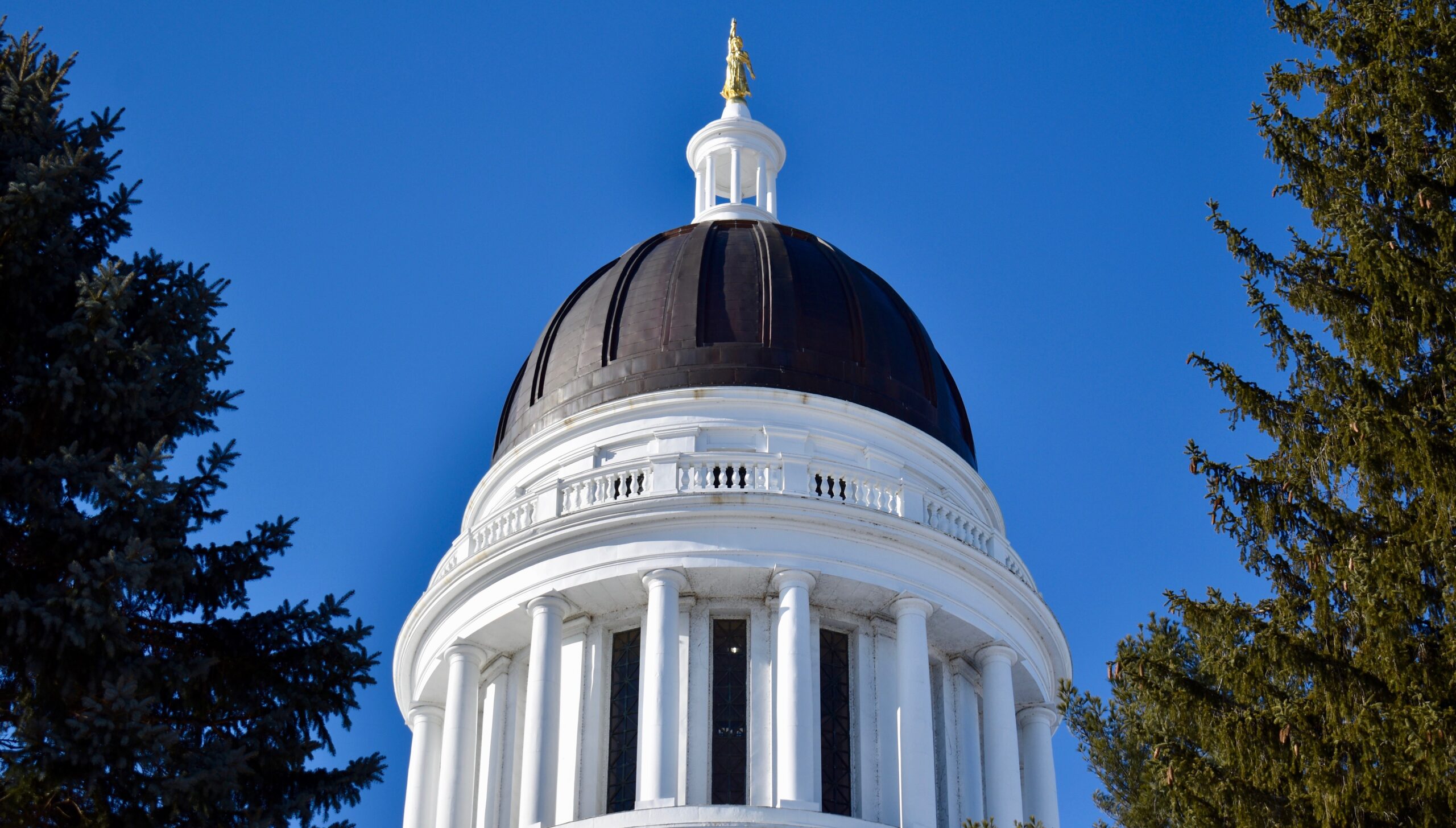AUGUSTA – A state legislative committee voted today to put Maine back on track to develop a finished plan for adapting to its changing climate.
“I think the committee understood how much we all stand to lose if we don’t plan for the future,” said Pete Didisheim, advocacy director for the Natural Resources Council of Maine, one of the nonprofit groups involved in the creation of the initial report by the state Department of Environmental Protection in 2010.
That work was suspended after Gov. Paul LePage took office.
The resolution, LD 825, and its amendment, which will now go to the full legislature for a vote, calls for the creation this year of a new work group to include planners in the Department of Agriculture, Conservation and Forestry, other state agencies and “interested parties” yet to be specified.
The legislation, submitted by Rep. William Noon, D-Sanford, requires that the Agriculture department invite a wide range of representatives to the work group’s initial meeting. They could come from the University of Maine System, nonprofit groups, business associations, municipalities and various persons with expertise and interest in climate change adaptation.
The group’s first task will be to look at the “high priority” recommendations among the 60 included in the 2010 report. Among those would be the designation of one source of Maine-specific climate information readily available to the state’s communities, and the launching of a survey of the safety of structures, roads, water supplies, sewage treatment facilities, natural habitats and many other aspects of the state’s environment likely to be affected by sea-level rise and the intensification of storms over coming decades.
Scientists have predicted that the sea level along Maine’s coast could rise between two and six feet by the end of this century.
The authorization did not include a budget figure. Instead, it said that the work group “shall coordinate efforts to secure funding from non-governmental sources to assist with costs … related to facilitation, analysis and report generation.”
Didisheim said that nonprofit groups had contributed about $20,000 to the work on the 2010 report.
The measure was approved by eight members of the Environment and Natural Resources Committee. Four were absent, and one, Ricky Long, R-Sherman, voted against it, declaring that he “doesn’t believe in climate change.”






